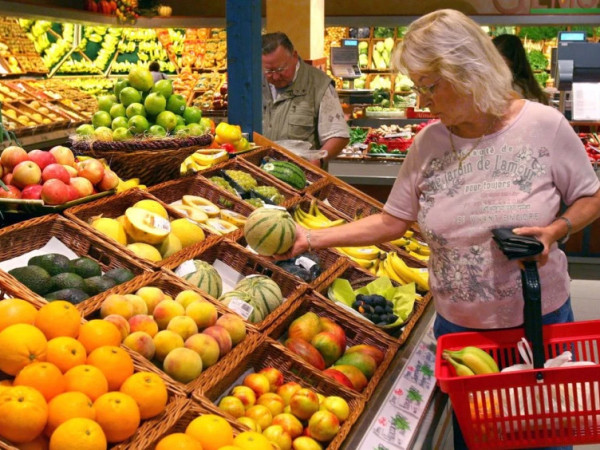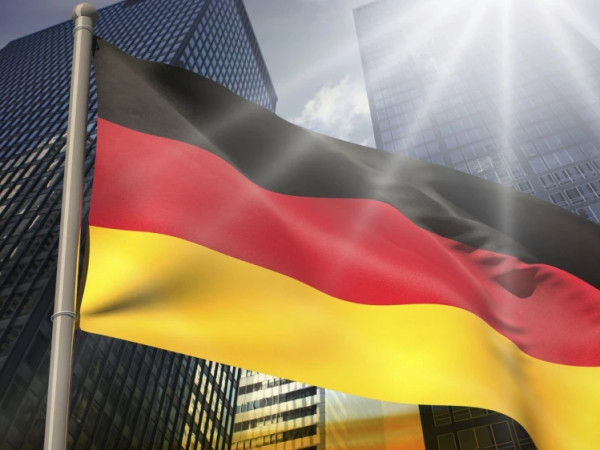Inflation in Germany rose to 8.7% in January, preliminary data from the Destatis statistics agency showed on Thursday.
This represented a slight increase from December's figure, which was 8.6%.
Analysts surveyed by FactSet had predicted a growth of 8.9% for January.
Destatis released data for January following a delay over an "unexpected technical problem."
EU statistics office Eurostat used an estimate for Germany when it released the eurozone inflation rate in lieu of Destatis' figures. The EU's statistics agency had calculated that eurozone inflation eased to 8.5%, following November and December's downward trend.
What are economists' predictions on inflation in Germany?
"The increase published today is the missing piece of the puzzle," said Fritzi Köhler-Geib, chief economist at the German state-owned development bank KfW.
"Although the peak has probably been passed, it is premature to sound the all-clear," she said. "While pressures from energy prices will decline in perspective, service and industrial goods prices are gaining in importance this year."
Sebastian Dullien, director of the Institute for Macroeconomics and Business Cycle Research of the Hans Böckler Foundation, said, "The continued minimal increase in January is an interim increase and was to be expected."
"The inflation rate could be high again in February," he said, adding that federal gas subsidies had dampened consumer prices.
But "the times of double digit inflation rates in Germany are now finally behind us," he added.
Mild winter and interest rate hikes dampen inflation
The German government unveiled a support package of €200 billion to reduce the impact of inflation. This included a gas subsidy in December for households and businesses.
Recently, a combination of mild winter weather in Europe and energy saving and diversification efforts has led to a sharp decrease in energy prices. This has helped bring eurozone inflation down from a peak of more than 10% in October 2022.
The European Central Bank (ECB) has raised interest rates since July to bring inflation back down to a target of 2%. Last week, ECB President Christine Lagarde said that the bank would raise interest rates by a further 50 basis points in March, DW reports.















